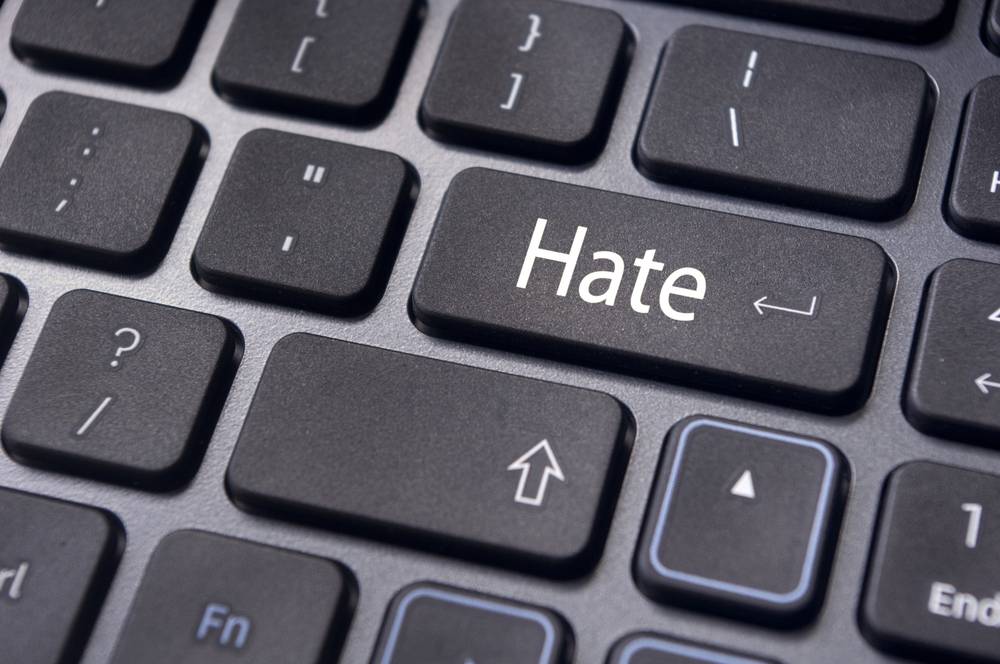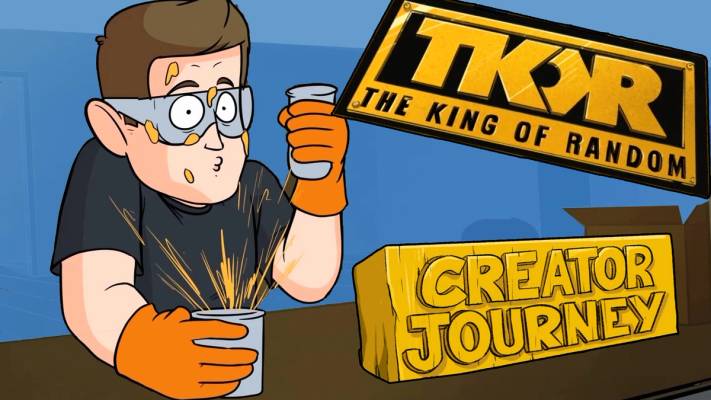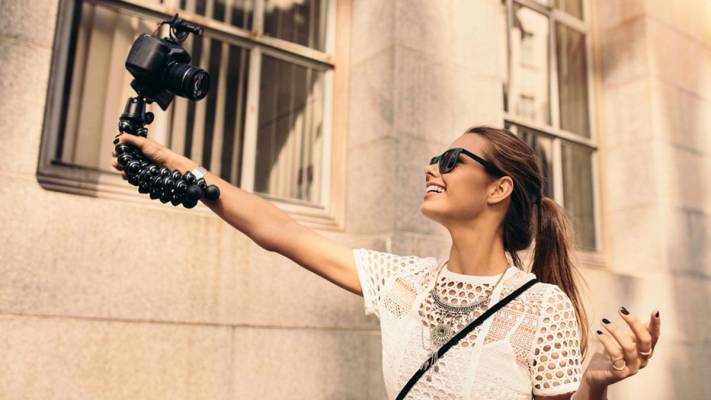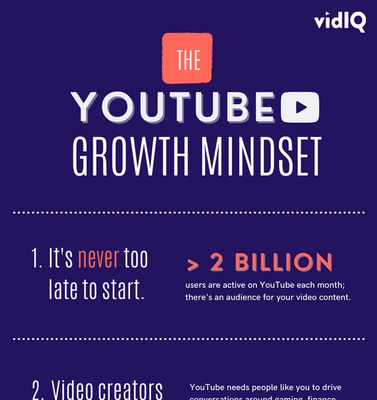Lydia Sweatt is a writer, bookworm, and bass guitar enthusiast. When she goes outside, a bicycle goes with her.
Why Online Harassment May Be Even More Devastating Than We Thought


Considering how long YouTube and other social platforms have been up and running, there's a surprising lack of research on treating the effects of online harassment - as devastating as that is to the person on the receiving end. Therapists and psychologists are conducting studies, but for many of them, the findings haven’t resulted in a widespread treatment plan that’s officially medically approved.
This poses a problem for YouTubers, Instagram influencers, and any public figure on the web. These creatives earn a living from their work online, and harassment often comes with the territory. While casual users have the privilege of simply logging off, internet influencers can’t do the same. Because of the nature of their work, they’ll eventually have to show up again - to YouTube, Instagram, Twitch, or whichever app they’re using to earn a living.
As a result, social media platforms are enforcing anti-harassment policies. YouTube, for example, has a wonderful collection of safety tools to promote a hate-free experience for all users.
Even still, there’s more to the conversation than what platforms can do to help. At some point, creators will need more powerful ways to look after their mental health - especially if they must be online to earn an income.
To understand what creators go through, we asked the vidIQ community to share their experiences with harassment and bullying. Here’s what four anonymous creators had to say:
"People Left Threatening Remarks Simply Because I Was Young"
“I started YouTube at the age of 13, and my first videos were very bad. However, I was good at SEO, and these videos racked up hundreds of thousands of views. People left hate comments and threatening remarks, simply because I was young and the quality of my videos was not very good. Fast-forward three years, and some of those same people continue to write hate comments. I have blocked and hidden such users, however, some have even gone to the extent to create new accounts just to annoy me.”
—Anonymous vidIQ community member
Fighting the Stigma of Mental Health Conditions
“I make video content related to schizophrenia and mental health. Over the years, most commenters support my work and celebrate my content. However, there is a slow, steady strain of commenters I must mute. Some of them are delusional people, some seem more violent or mal-intended, and some seek to confuse and torment people with lies and blame. Some are religious ‘fanatic’ types, claiming I need to ‘see it their way’ and it's a kind of cognitive harassment. They seem to do it on purpose to agitate and derail my intended conversations.”
—Anonymous vidIQ community member
Tackling Misrepresentation Online
“When I first started YouTube in 2018, this group of smalltime YouTubers in the same genre created a short series of them cyberbullying me and falsely reporting me on YouTube. This went on for about three months until YouTube deleted my account because of the spammed reports. About 4-5 months later, I restarted my current channel and started uploading videos with my friends for fun. Its been a while since I've seen the YouTubers who cyberbullied me for views, but from what I remember, they stopped uploading videos. Unfortunately, the ‘series’ is still up, but I've gotten past it.”
—Anonymous vidIQ community member
Overcoming Sexism, Political Differences, and More
“My niche is very male-dominated. I have literally made videos on topics male colleagues have made, I have been called names and bullied into oblivion despite always providing valid bibliography to everything I cite. I had to eventually hold all comments on my videos by default. The commenters went from insulting my looks to questioning my heritage and origin, all stuff that has nothing to do with my niche.
Recently the alt-right must have really not liked me speaking up and supporting Black Lives Matter because rape threats have started coming in too. All those comments get blocked at the entrance, but gosh, it takes a toll to see how vehemently complete strangers can just hate me.”
—Anonymous vidIQ community member
YouTubers Speak Out Against Online Harassment
As you probably know, creators in the vidIQ community aren’t the only victims of cyberbullying - it can happen to anyone on the web. For two creators specifically, things got so bad that they shared their harassment stories on YouTube to raise awareness.
In the video below, gamer Margaret Hemenway shares a story about how she was harassed online and the steps she took to make it stop:
In this next video, an animation critic shares his experience with online harassment. Click this link to hear the story of the abuse TheMysteriousMrEnter endured.
Help Is On the Way For Cyberbullying
Remember how we said there’s a gap in research (and treatments) for cyberbullying? Well, some medical professionals are trying to fix that, and we couldn’t be happier to share their names with you.
First up is Kathryn Stamoulis, PH.D., an expert in female adolescent sexuality. She’s also president of the American Psychological Association’s Society for Media Psychology and Technology. Luckily, this organization is writing guidelines to help therapists treat victims of online abuse. Be sure to follow both Stamoulis and the APA for more updates.
The next person you might want to follow is Robin Kowalski, Ph.D. She’s a professor of psychology at Clemson University and is currently researching the effects of cyberbullying among youth and adults.
Lastly, swing by Kati Morton’s YouTube channel. She’s a licensed therapist who educates viewers on mental health and psychology topics, like this one:
To all creators out there, remember to stay safe, be positive, and always look after your mental health. Harassment and bullying may be rampant online, but help is on the way.




